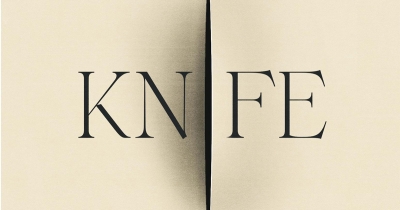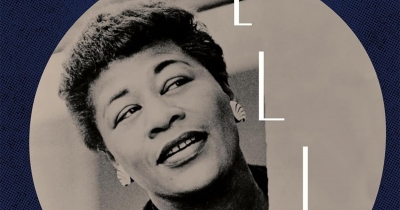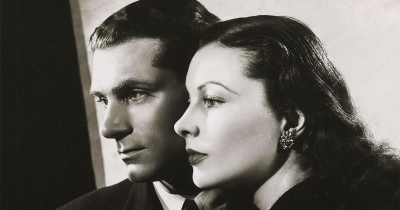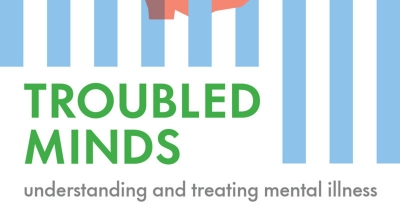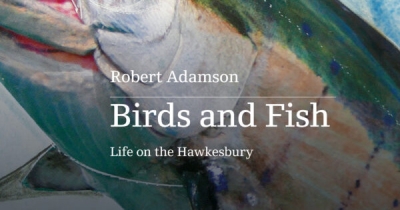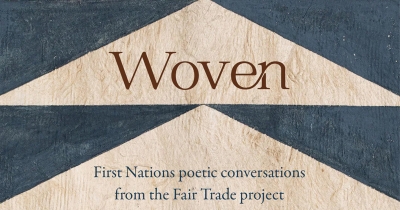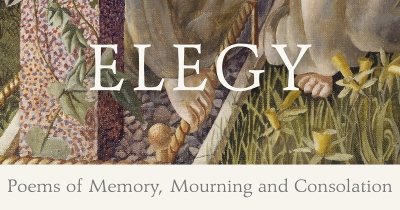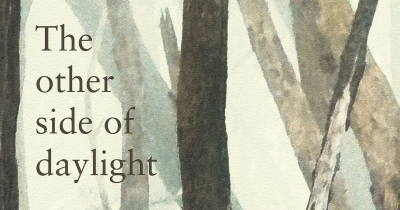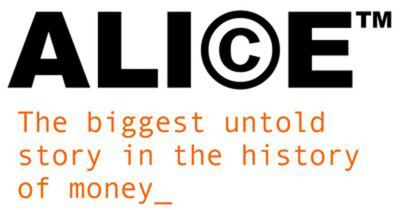Review
Becoming Ella Fitzgerald: The jazz singer who transformed American song by Judith Tick
by Robyn Archer •
God and the Angel: Vivien Leigh and Laurence Olivier’s tour de force of Australia and New Zealand by Shiroma Perera-Nathan
by Michael Shmith •
Climate Change and International History: Negotiating science, global change, and environmental justice by Ruth A. Morgan
by Harrison Croft •
Troubled Minds: Understanding and treating mental illness by Sidney Bloch and Nick Haslam
by Jennifer Harrison •
Birds and Fish: Life on the Hawkesbury by Robert Adamson, edited by Devin Johnston
by Simon West •
Woven: First Nations poetic conversations from the Fair Trade project edited by Anne-Marie Te Whiu
by Mykaela Saunders •
The Penguin Book of Elegy: Poems of memory, mourning and consolation edited by Andrew Motion and Stephen Regan
by David McCooey •
The Other Side of Daylight: New and selected poems by David Brooks
by John Hawke •
Alice™: The biggest untold story in the history of money by Stuart Kells
by Gideon Haigh •

